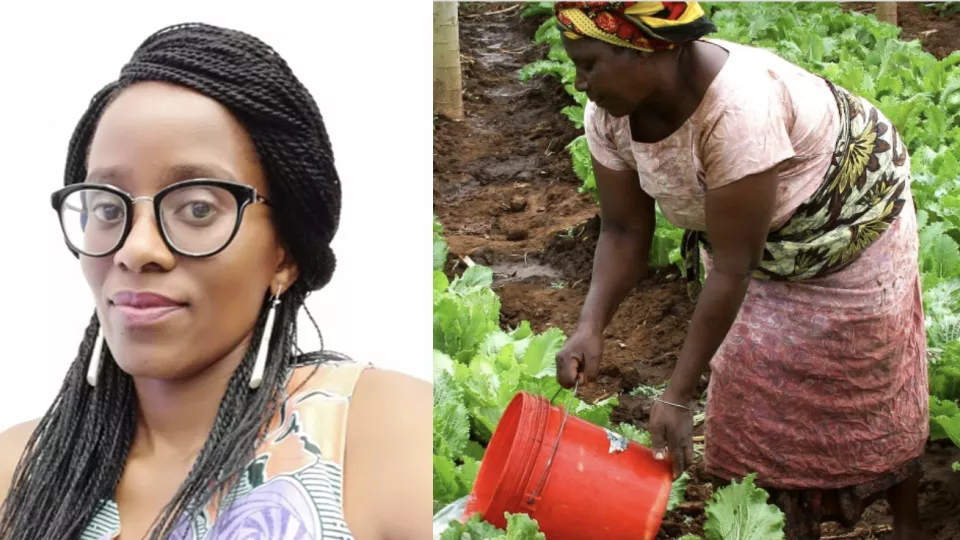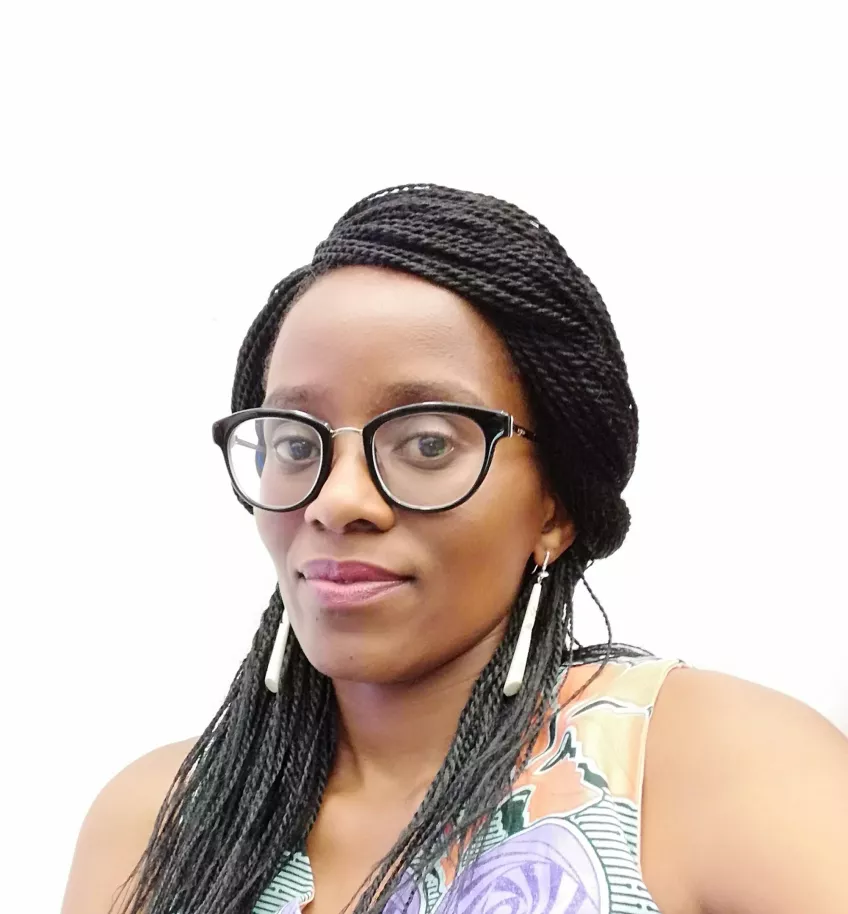What do you explore in your PhD?
In my PhD-project, I am exploring gender and women´s mobilization strategies for sustainable agriculture in Sub-Saharan Africa. Specifically, how agroecology helps erode patriarchal relations within rural communities in Zimbabwe. Due to low crop productivity occurring in Zimbabwe, mostly due to climate change, agroecology has become an alternative/solution to this problem. Therefore, my project explores how agroecology has become a social agency, and form a space for organizing for women. Agroecology presents them with potential opportunities to organize themselves and start women groups, something that could lead to social transformations. This space of self-organizing for women can enable empowerment and mobilization whilst they are practicing sustainable farming methods (agroecology in this case).
The PhD research project takes place in the context of a larger project: Mobilizing farmer organisations for sustainable agriculture in sub-Saharan Africa.
What excites you most with your research?
The most exciting aspect of my research is the empowerment of women and its potential to override the patriarchal issues that hinder the uplifting of women in most rural communities in Africa. Understanding the relation between agroecology, women empowerment and patriarchal erosion is the key aspect of the research.
Most women in these rural communities do not have the freedom to make their own decisions about anything in their households even though all the labor is done by them.
Most women in these rural communities do not have the freedom to make their own decisions about anything in their households even though all the labor is done by them. With the aim of mobilizing women to gain new knowledge and insight on how they could work their way up to feed their families whilst empowering themselves, this will prompt a reaction from men who are the heads of the households. These reactions will increase our understanding of empowerment, patriarchy and culture.
What did you do before your PhD?
Before my PhD, I was part of an organisation/social movement which focused on smallholder farmers and agroecology. In 2013 after my bachelors, I worked with an organisation called Zimbabwe Smallholder Organic Farmers Forum (ZIMSOFF) which is a member of LaVia Campesina (LVC), an international social movement which also focuses on sustainable agriculture, smallholder farmers, climate change and justice issues, land, women, and youth. I worked as a youth representative for both ZIMSOFF and LVC. This gave me the opportunity to attend various national and international conferences including the Conference of Parties (COP) 21-25. I was a part of the LVC Climate justice collective where we held trainings and workshops on issues regarding climate that affected communities, especially women and youth. In 2017, I started my Masters in Geography of Environmental Risks and Human Security. It was a joint masters with the United Nations University and University of Bonn in Germany. Thr program was about disaster risk management, vulnerability, resilience and adaptation.
Why do you think sustainability science is important? What can it contribute to society?
Sustainability science encompasses several aspects within the environment that are all vital to communities and these include social, ecological, and economic aspects. This connects science and society as many dynamic systems interact at different levels. This brings together science and practise including national and international perceptions amongst different fields. This has the possibility to resolve challenges that are a threat to the future of humankind and veracity of the life support systems of the planet.
Read about Michaelin Sibanda's research on her personal webpage

